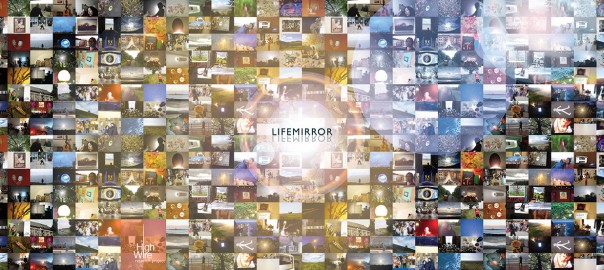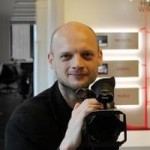What was the project challenge?
LifeMirror set out to reintroduce local cinema as a community tool, enhancing community spirit with entertainment and creating a new arena for communicating ideas on a daily basis. The challenge was to create an online crowd sourced film making system to provide a new form of citizen communication and engagement.
The system is being designed so that, on a larger scale, the sequences of video can be configured not only by time, but also by user and location. For example, a film called ‘Love’ in Paris will look different to one made in London. It is currently at an experimental stage where clips are looped in time sequence under the film title.
Who were involved?
LifeMirror develops partnerships between Oliver Case – PhD HighWire student , James Hadley – Loading Deck Ltd, a computer science innovation student at Lancaster University, the Gregson Community Centre, and many others.
What new digital technology was developed?
The LifeMirror project has created a new crowd sourcing application tool for both Android and Apple mobile use. It’s a unique cinematic system designed to enable collective creativity and filmic argumentation based on geotime tracked video through mobile cameras.
What are the ongoing impacts?
Over forty collectively produced films have been made informing the research and providing a ground level perspective of community issues, imagined narratives,
political debate and activism. LifeMirror has significant potential for documenting
future academic research and is acting as a useful tool for community creativity.
Insights into social behaviour surrounding audiovisual communication is developing and the data gathered sheds new light on the collective activity of user-artists and
communicating through cinematics.




